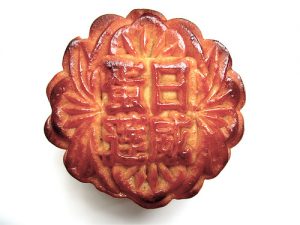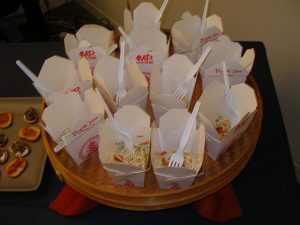The only time I had the pleasure of dining with the late environmentalist Liang Congjie and his wife, he began his meal with a close inspection of the chopsticks that the restaurant had provided, to determine if they were disposable or not. It was the first time I became aware that disposable chopsticks might be a problem: it seemed like such a small thing. How could a pair of disposable chopsticks pose an environmental threat?
It was characteristic of Liang Congjie that he made the connection between the details of everyday life and the wider environment, aware that small decisions we all make every day can add up to a huge effect. Just how big that has become was revealed in recent reports from China: according to Bai Guangxin, head of the Jilin Forest Industry Group, China’s production of disposable chopsticks has reached a staggering 80 billion a year, an increase of 30 billion a year three years ago. He estimated that 20 million trees a year needed to be sacrificed to meet the demand.
A more environmentally responsible option for disposable chopsticks is to use bamboo. But that industry took a knock to its reputation in March this year when the well-known Chinese actor Huang Bo drew attention to the chemicals that leeched out from a pair of disposable bamboo chopsticks that he had soaked in plain boiled water. Huang micro-blogged the result on weibo (China’s equivalent to Twitter): “Within a few minutes, the clean water turns into a dark yellow mixture, releasing a pungent smell,” he wrote, triggering a storm of reactions from weibo users
According to Xinhua, professor Mo Chuangrong, from the school of environment of Guangxi University, said the smell indicated that the chopsticks had been whitened with sulphur, a practice that is technically legal for bamboo, although government regulations stipulate a maximum permitted residue of 600 mg per kilo. Long-term exposure to suplhur dioxide can cause damage to the respiratory system, and the World Health Organization recommends a daily sulphur intake of no greater than 0.7 mg per kilogram of body weight.
Professor Mo also said that in China, disposable chopsticks do not have to be certified using quality safety standards, as is required for disposable plastic foam dinnerware. This has led to low standards and huge profits which are driving the use of uncertified disposable chopsticks.
There is, of course, a straightforward solution: if everyone carried their own chopsticks, people would be safe from toxic chemicals and China’s forests would be safe from the chopstick industry.





